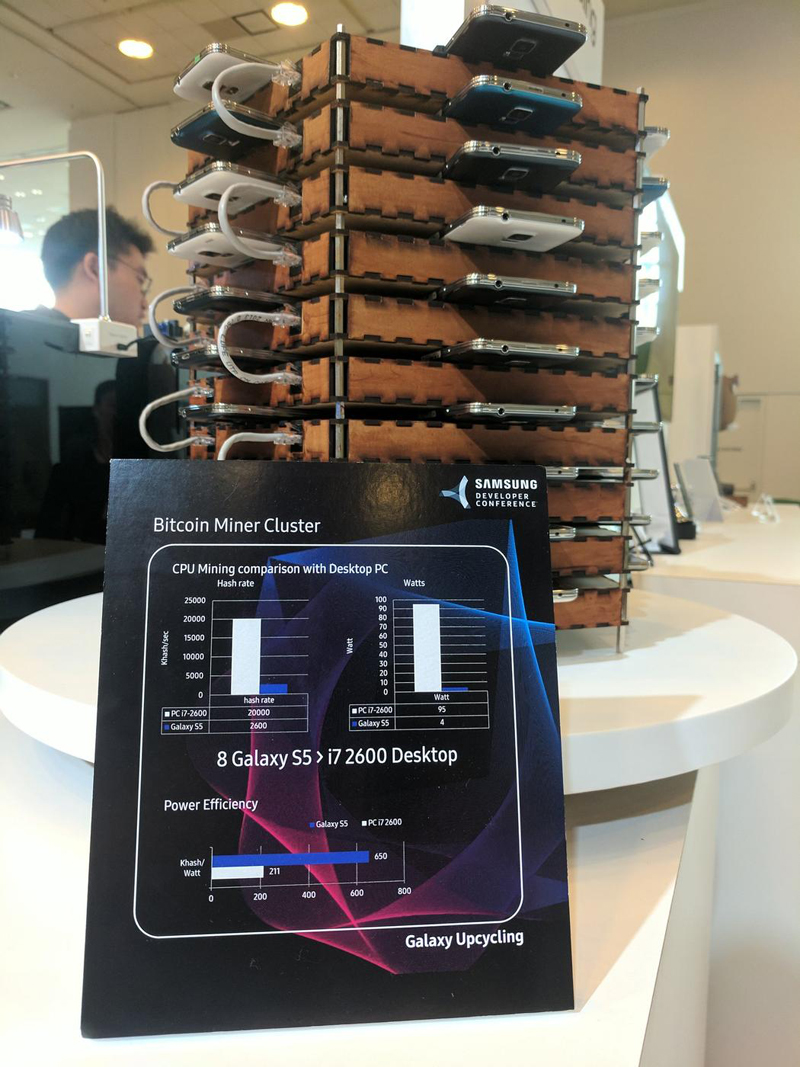Smartphones are no different than most tech gadgets in that they don't hold their value particularly well. Along with a few other factors, this realization has helped fuel countless smartphone lease / trade-in / buyback programs although not everyone is willing to take companies up on their offers.
It's not uncommon to find consumers that utilize a phone for a couple of years and then buy something new. Rinse and repeat a few times and suddenly, you end up with multiple handsets that all may still be in great cosmetic and physical shape. What do you do then?
Many would concede that having a second phone handy as a backup isn't a terrible idea. Some pass along used devices to friends and family members, sell them to cover the cost of the new device or find joy in donating them to people in need. Others, however, have a harder time parting ways with older gadgets.
If you fall into the latter category, Samsung's new initiative may be worth looking into.

In a nutshell, Samsung's new upcycling initiative involves stripping older Galaxy devices of their Android operating system and replacing it with a new OS that can be used for all sorts of tasks. At its recent developer conference in San Francisco, for example, the company showcased a Bitcoin mining cluster consisting of 40 Galaxy S5 handsets as well as an older Galaxy tablet that is now an Ubuntu-powered laptop and a Galaxy S3 that monitors a fish tank.
Robin Schultz, a spokesperson for Samsung, told Motherboard via e-mail that the innovative platform provides an environmentally responsible way for old Galaxy mobile devices to breathe new life, providing new possibilities and potential extended value for devices that might otherwise be forgotten in desk drawers or discarded.
Kyle Wiens, CEO of iFixit, notes that you couldn't really do this as a third-party. What Samsung has done, he said, is built a layer between the hardware and being able to install anything you want on it.
Indeed, manufacturer-level support for the repurposing of devices in this manner is unprecedented. Most companies are focused on getting consumers to replace their mobile device with a new model as often as possible and don't give much thought to an encore career for the outgoing smartphone or tablet. Recycling programs exist, of course, but why spend the time and money to strip a device down for materials when the hardware is still perfectly capable of performing other tasks when paired with different software?
Samsung has created a placeholder for the initiative on GitHub and is planning to publish a magazine-style portfolio of projects that users will be able to download and utilize. The exact launch date wasn't shared but doesn't sound too far off.